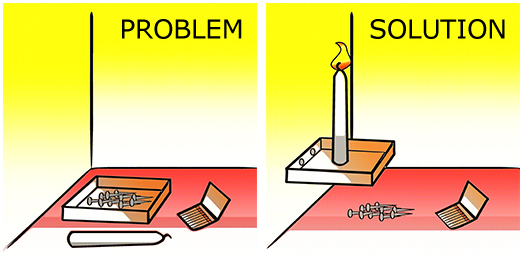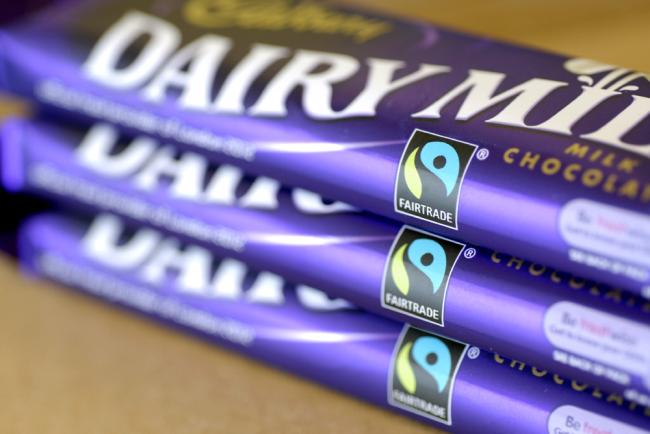Last week I came across something very interesting during my free time. Dan Pink of Ted Talks posted a video titled “The Puzzle of Motivation”. Here he introduced a mind boggling concept which was portrayed through the simple candle stick problem. The goal of the puzzle is to place the candle on a wall. If you look at the image below, many people with straightforward thinking would simply try to glue the candle on the wall, or place tacks to secure it. None of these solutions were practical and ended up in the candle falling over. The solution required critical outside the box thinking which involves securing the platform with tacks and placing the candle on top. Dan Pink followed by conducting research on the puzzle.
In the business world, motivation is one of the key aspects companies use to develop faster and more efficient employees. When Dan timed individuals to solve the puzzle as quickly as possible, he gave one set of people an incentive, and the other no incentive. To his surprise, the people without the incentive solved the puzzle much faster. He conducted this experiment through different samples of people in different areas and the results were the same. This is astonishing because in the business world, tasks are increasingly complex and require outside the box thinking. Management is making the wrong decision by giving incentives. Incentives narrowed a person’s ability to think outside the box.

